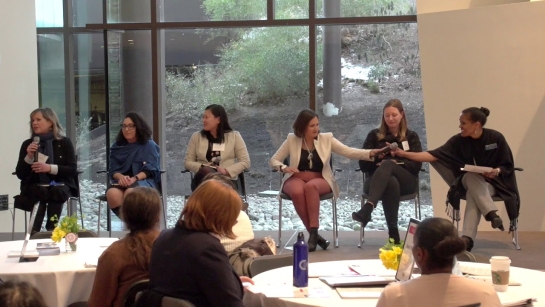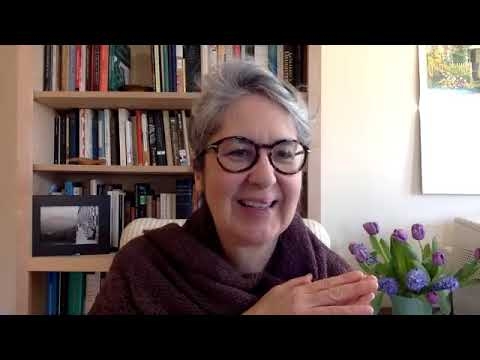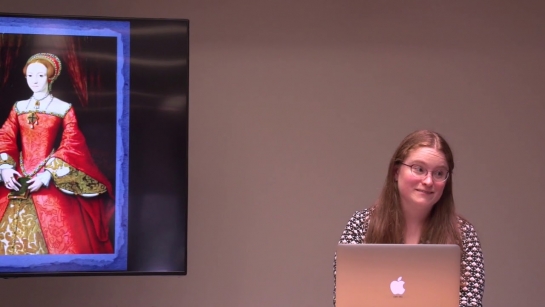Performing Arts
Like most art disciplines, careers in theatre span widely from performance and creative roles to technical positions to administrative functions and even educational and therapeutic professions.
Fine Art
Practicing artists support themselves by teaching, selling artwork, being awarded grants and commissions, and a wide variety of other related (and non-related) professional endeavors. Growing and maintaining an active studio practice requires both training and resources— in the form of materials, equipment, space, and exhibition or performance opportunities. Many artists refine their work and begin to connect with the world of galleries, grants, and exhibitions in a graduate program (usually an MFA program). However, this is not the only path to a career as an artist.
The Elizabeth Crawford ’21 Haystack Fellowship (graduates)

Arts Administration
A career in arts administration combines interest in the arts with business expertise and fundraising skills. Arts administrators work for symphony orchestras, art galleries, museums, ballet companies, musical groups, theatres and other organizations.
Design and Illustration
Design and illustration careers begin with a portfolio of client-based or self-inspired work that displays your talent, style, and creative thinking. While there are full-time positions in the field of design, there are fewer full-time opportunities for illustrators. For this reason, many illustrators work as designers and illustration is a part of their job.
Arts Education
As a field, art education spans traditional K-12 art classrooms to university/college teaching and even to more community-oriented spaces, like museums, arts centers, and educational non-profits. This field even crosses over into healthcare in the form of vocational rehabilitation and art therapy programs.
Museums and Galleries
Museums are educational organizations that collect, preserve, and present important artifacts and/or works of art for the public to view and study. Museums may be organized by their collections (art, history, natural history) or by their intended audiences (children's museums). Possible occupational titles include: museum director, curator, collections manager, archivist, museum technician, conservator, researcher, exhibit designer, educator, editor, photographer, and librarian.






